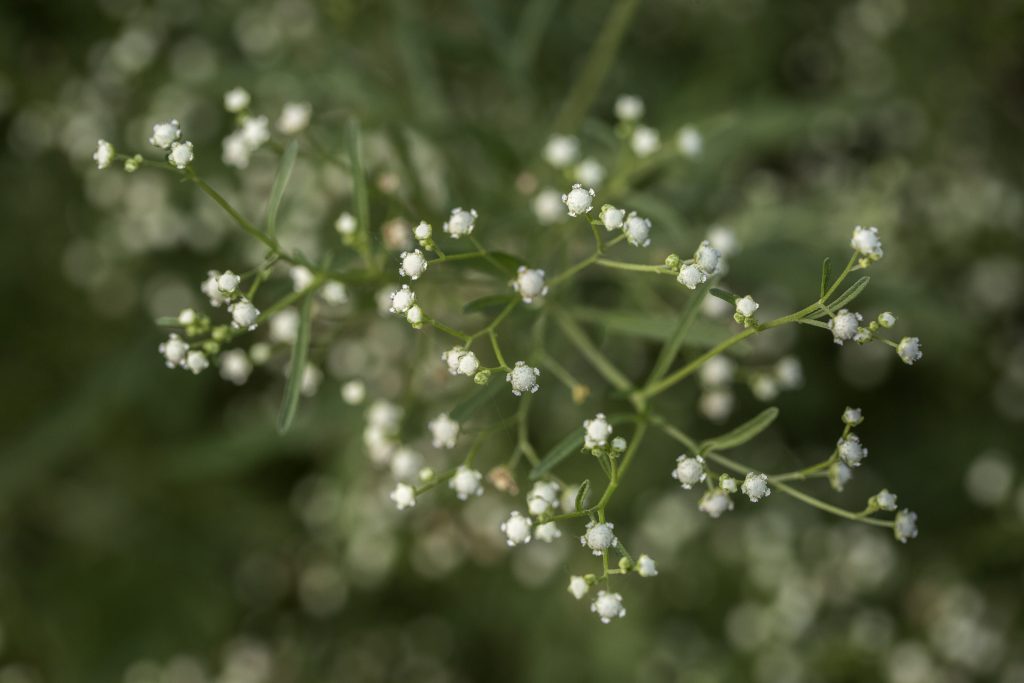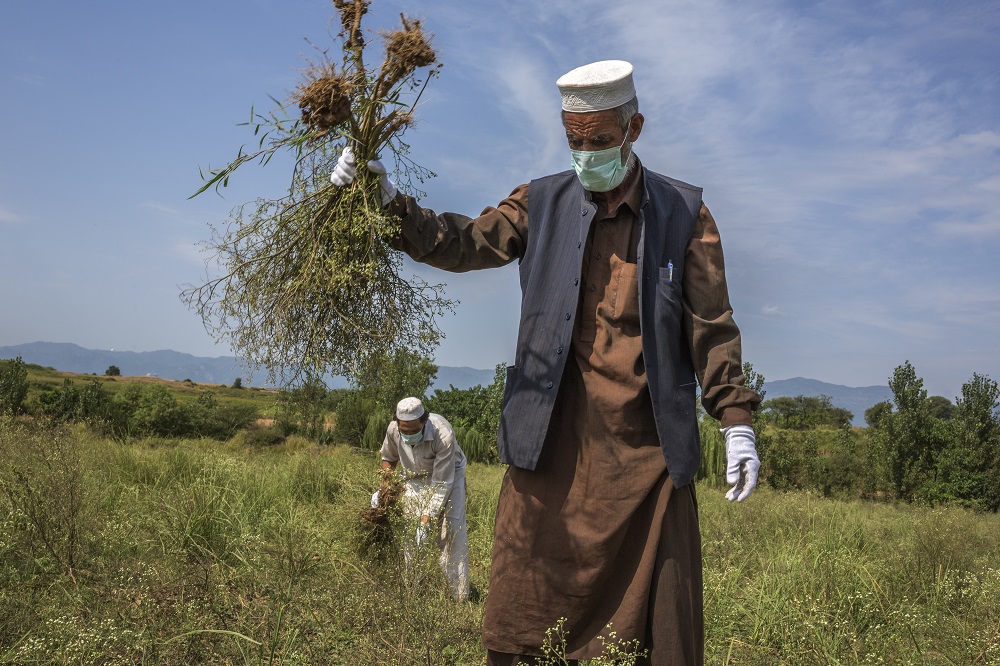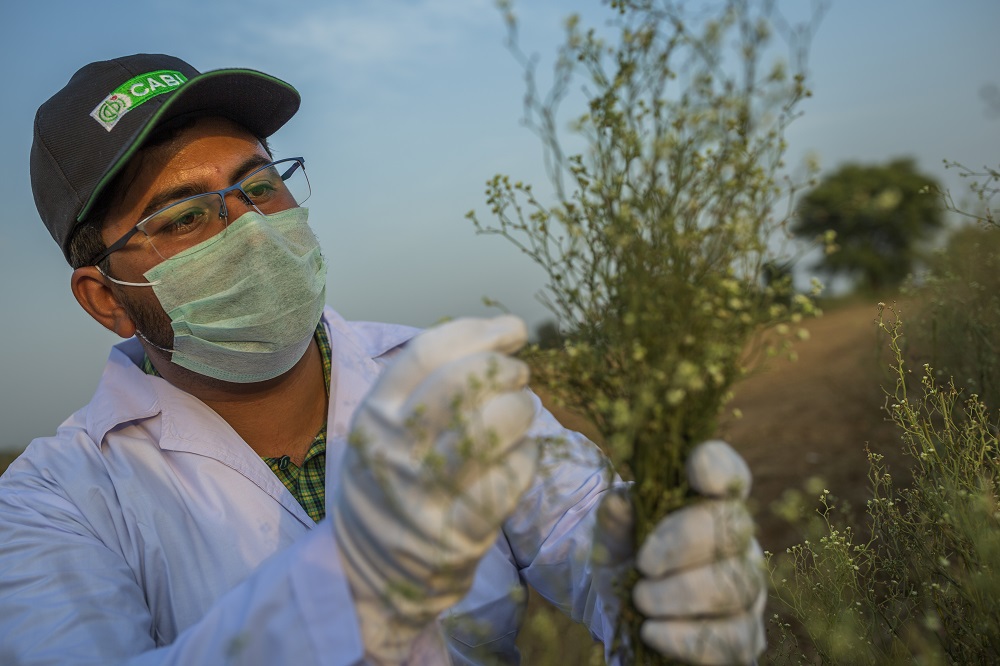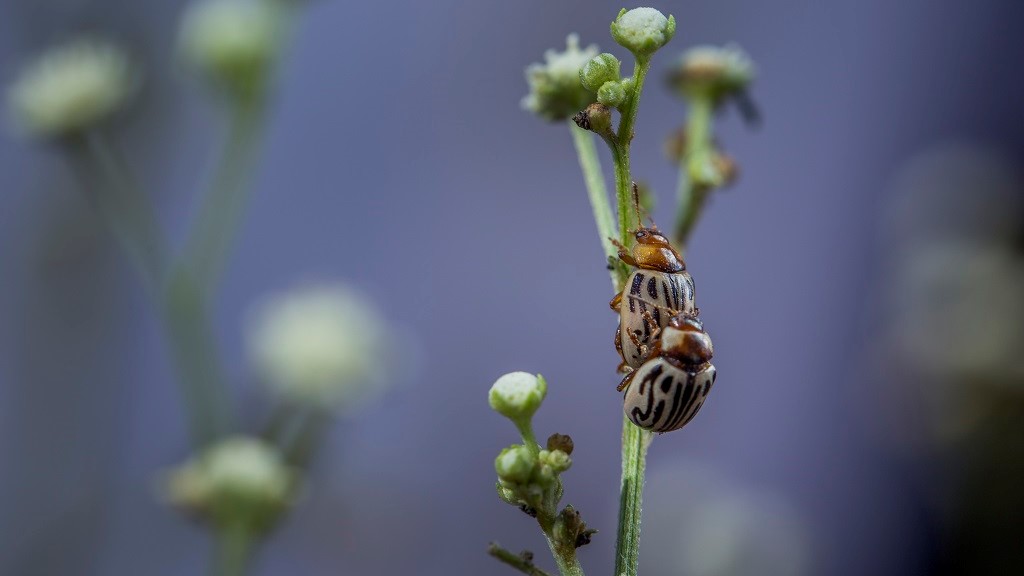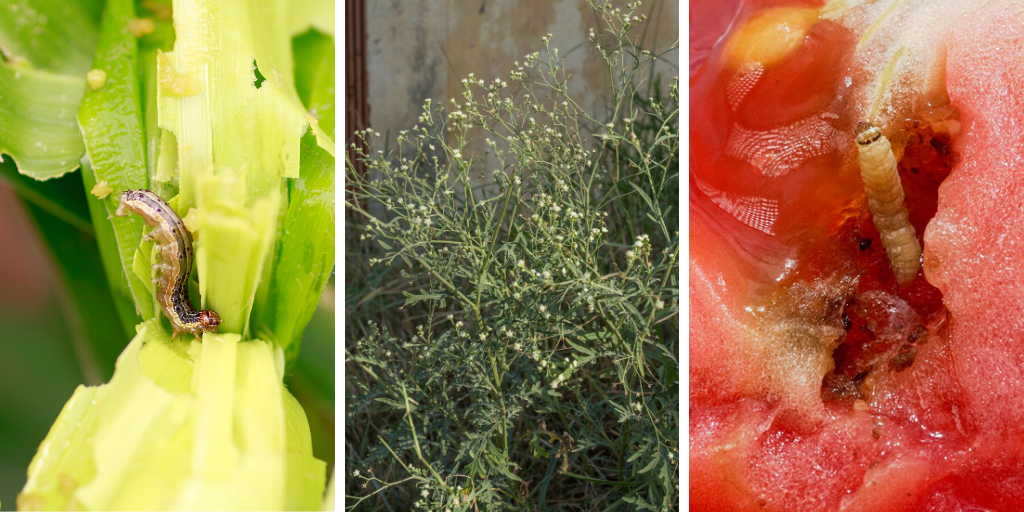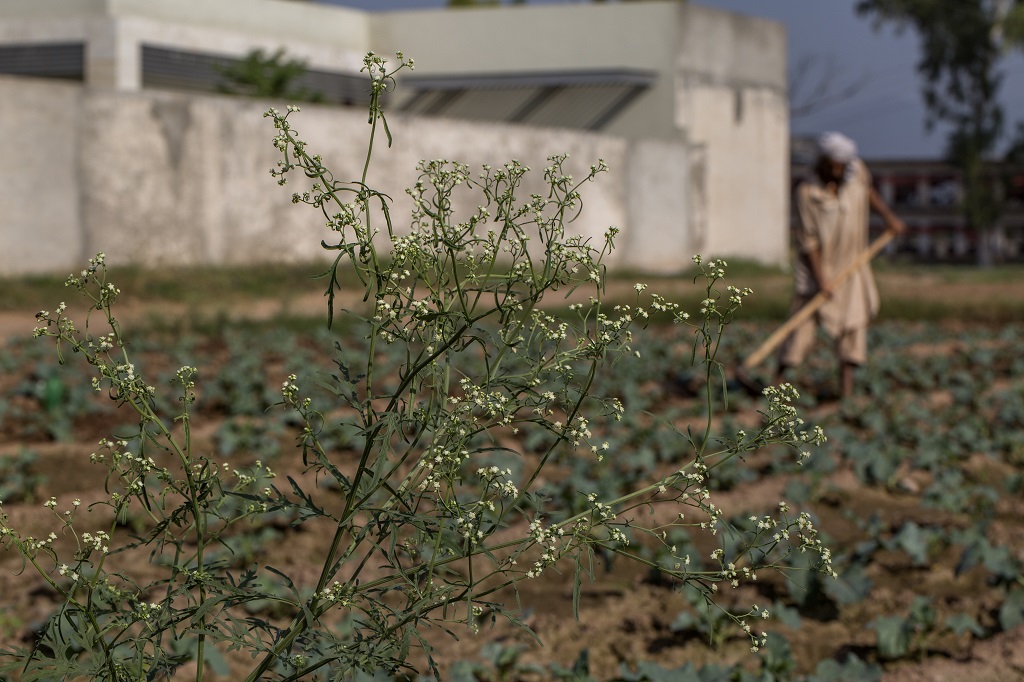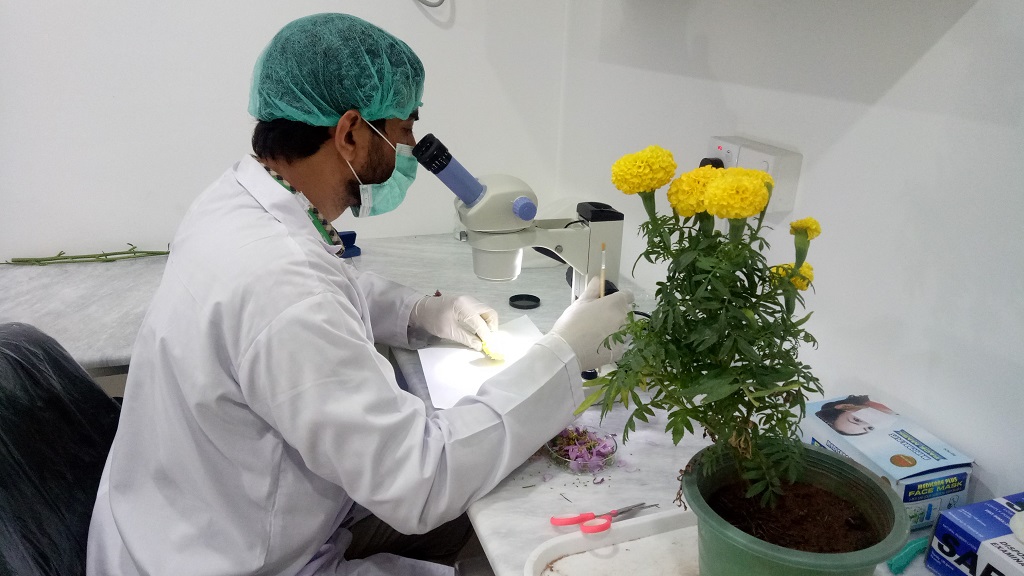Invasives Blog
Tag: Parthenium hystopherus
You are here: Invasives Blog
First parthenium biocontrol agent approved for release in Pakistan
December 10, 2021
Laura Hollis
No Comments
Hyperspectral data can discern invasive Parthenium hysterophorus weed from other crops and plant species
September 6, 2021
Wayne Coles
No Comments
CABI to take part in Feed the Future’s webinar on Biocontrol of Parthenium
March 18, 2021
Wayne Coles
No Comments
Establishing parthenium leaf beetle (Zygogramma bicolorata) at new sites in Pakistan
October 28, 2020
Abdul Rehman, Kazam Ali
1 comment
‘A consortium is needed to combat the menace of Parthenium in Pakistan’
June 29, 2020
Ijaz Ashraf, Kausar Khan, Umair Safdar
No Comments
Using online workshops to ensure the fight against invasive species continues in Pakistan
May 13, 2020
Umair Safdar
No Comments
Rooting out ‘monster’ invasive weeds and pests from space
April 9, 2020
Gareth Willmer
No Comments
Is parthenium’s stem boring weevil safe for release in Pakistan? An update on host range testing
March 26, 2020
Abdul Rehman, Kazam Ali
No Comments
Subscribe
Find out more
For more information about CABI's work on invasive species, please visit www.invasive-species.org
Contribute
If you are active in the field of invasive species or development and would like to contribute to the Invasives Blog, please contact Donna Hutchinson. We are happy to post credible articles that we think would be of interest to our readership.
Views expressed in contributions do not necessarily reflect official CABI positions.
Archives
Categories
- Agriculture and International Development
- Veterinary and Animal Sciences
- Climate change and biodiversity
- Environmental Sciences
- Invasive species
- Plant Sciences
- Crop health
- Development communication and extension
- Digital development
- Economic development
- Food and nutrition security
- Gender and youth
- Publishing
- Value chains and trade

